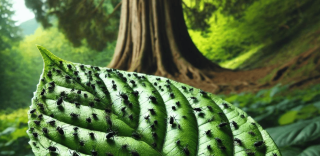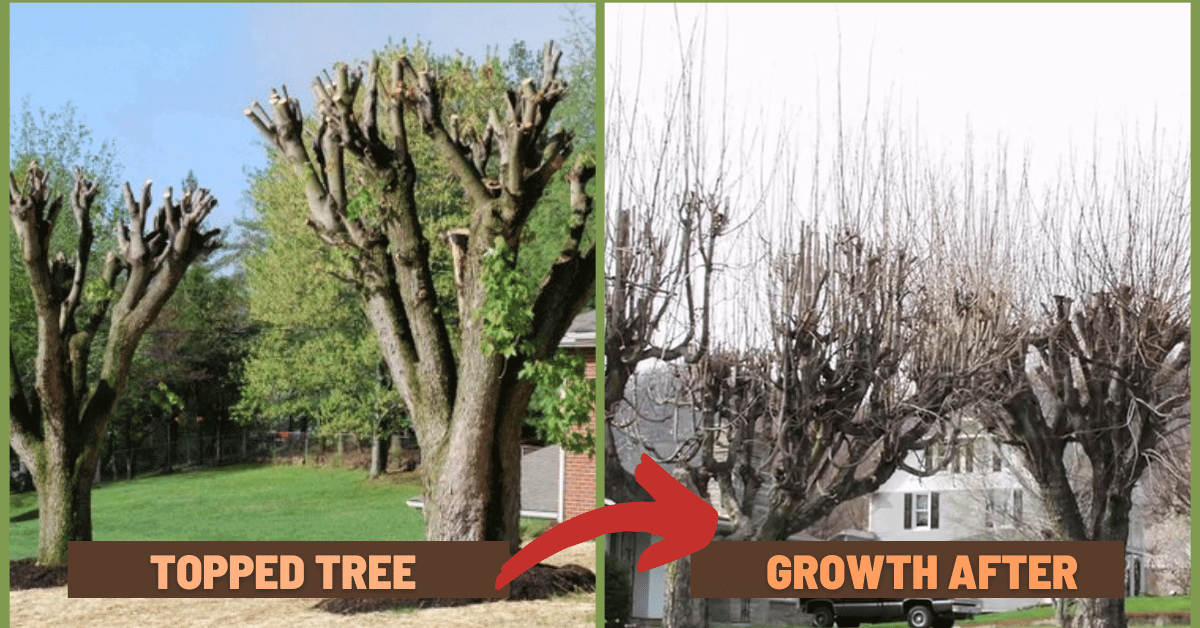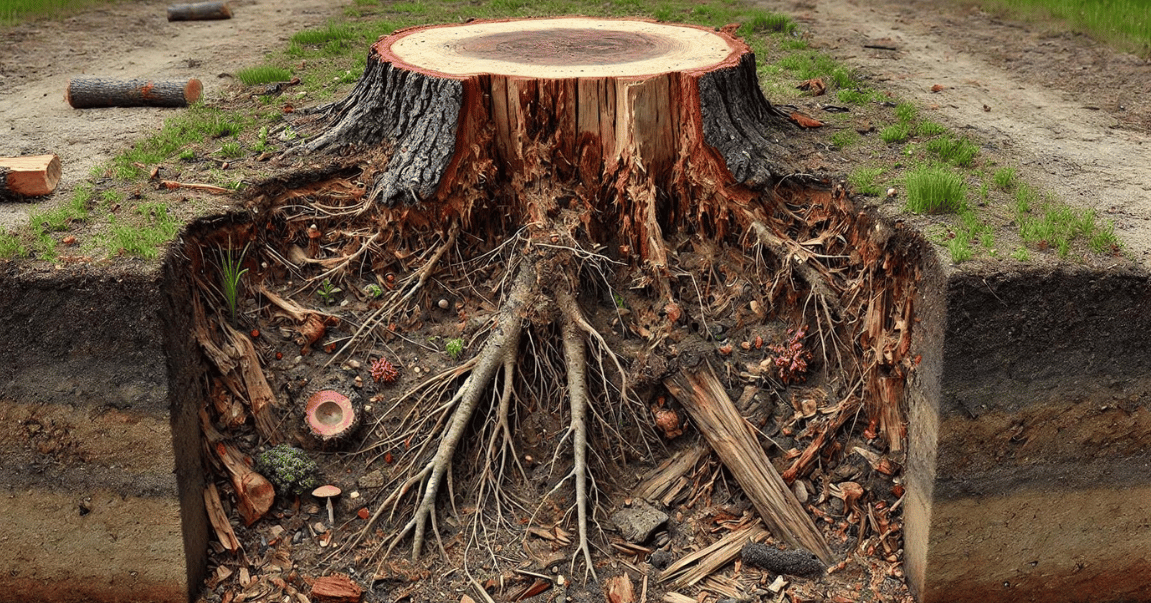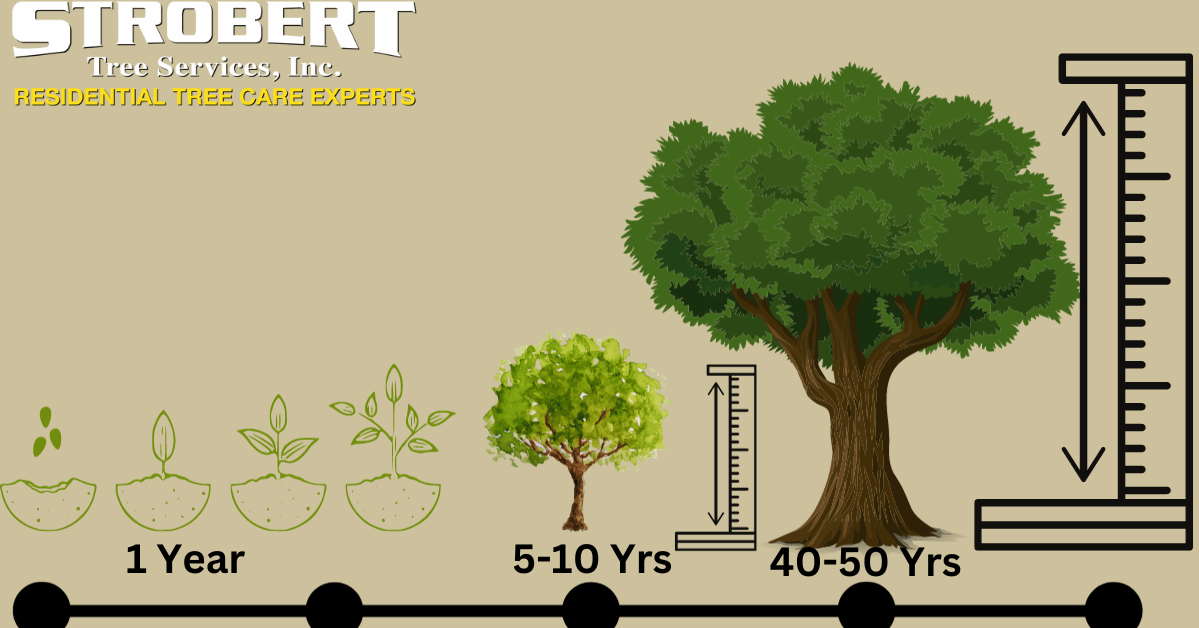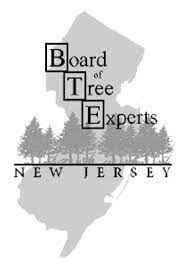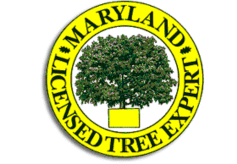Aphids are tiny pests that can cause significant problems for your trees. They suck the sap from leaves, weakening the tree and making it more susceptible to disease. If you have a large tree, getting rid of an aphid infestation can be challenging. But don’t worry – there are effective ways to treat it. In this article, we'll walk you through the steps to control aphids on your large tree.
1. Water Spray
A strong spray of water is one of the easiest ways to tackle an aphid infestation. Use a garden hose with a high-pressure nozzle. Aim the spray at the leaves and branches where the aphids are clustered. The force of the water will knock them off. This method works best if you do it early in the morning so the tree has time to dry out during the day. Repeat this process a few times a week until you see fewer aphids. Keep in mind, though, that this method may only reach the very top of a large tree with professional help.
2. Insecticidal Soap
Another option is to use insecticidal soap. You can make this at home by mixing warm water with a few drops of dish soap. Spray this mixture directly on the aphids and the tree's leaves. The soap suffocates the aphids by breaking down their outer protective layer. Be sure to cover all the affected areas, including the undersides of leaves. Reapply the soap every few days until the aphids are gone.
Insecticidal soap is safe for most trees but can cause damage to sensitive plants. If you need more clarification, test a small area first or consult an arborist.
3. Neem Oil
Neem oil is a natural pesticide that disrupts the aphids' life cycle. It prevents them from feeding and laying eggs. To use neem oil, dilute it with water according to the product’s instructions, and spray it on the tree. Focus on areas with high concentrations of aphids. Neem oil is safe to use on most trees and can help protect against future infestations. You may need to reapply it every couple of weeks for the best results.
4. Horticultural Oils
Horticultural oils are another option for dealing with aphids on large trees. These oils smother the aphids and kill them by suffocating them. There are two types of horticultural oils: dormant oils and summer oils. Dormant oils are used in the winter when the tree is not actively growing, while summer oils can be applied during the growing season.
Spray the oil on the infested parts of the tree, making sure to cover the aphids thoroughly. Like neem oil, horticultural oils can be reapplied as needed. Just be careful to follow the label instructions closely, as using too much oil can damage the tree.
5. Pruning
Pruning is a simple but effective way to reduce the aphid population in a large tree. Look for branches that are heavily infested and cut them off. This will remove many of the aphids and reduce the spread of the infestation. Pruning also helps improve air circulation and sunlight exposure, which can make the tree healthier overall.
When pruning, use clean, sharp tools to make clean cuts. Dispose of the infested branches far from your tree to prevent the aphids from returning. If the infestation is widespread, it might be time to call a professional to assess the situation.
6. Companion Planting
Companion planting is a natural way to keep aphids away from your tree. Some plants have strong smells that repel aphids. Try planting garlic, chives, or marigolds around the base of the tree. These plants will act as a natural deterrent, helping to keep the aphid population down. Plus, they can add beauty to your yard!
Companion planting is a long-term strategy, and while it won't eliminate an infestation on its own, it can help prevent future problems.
7. Sticky Traps
Sticky traps are an easy and non-toxic way to catch adult aphids. These traps have a sticky surface that aphids get stuck on when they land. Place them around the tree, especially near the lower branches. The traps will catch aphids as they try to move around the tree, reducing their population.
Sticky traps are widely available at garden centers and online. You can also make your own by spreading a sticky substance like petroleum jelly on a piece of cardboard or plastic.
8. Call a Professional
If the infestation is severe, or if your tree is too large for you to handle on your own, it’s time to call a professional tree service. A certified arborist can assess your tree's health and recommend the best treatment options. They have access to professional-grade treatments and equipment that can effectively remove aphids, even in the tallest trees. In addition to treating the aphids, a professional can check for any damage or diseases caused by the infestation and help prevent future problems.
At Strobert Tree Services, our certified arborists are experienced in dealing with aphid infestations in large trees. We offer free health assessments for trees in Delaware, Pennsylvania, and New Jersey. Whether you need help with treatment or want to ensure your tree stays healthy in the long term, we’re here to help.
Conclusion
An aphid infestation in a large tree can seem overwhelming, but there are plenty of effective ways to manage it. Start with simple methods like water sprays or insecticidal soap. Consider natural treatments like neem oil or companion planting. For more severe infestations, pruning or horticultural oils may be necessary. And remember, if you’re not sure what to do or need help with a large tree, call Strobert Tree Services for a free estimate. We can help you eliminate aphids and keep your trees healthy and strong.
If you're dealing with an aphid infestation or want to ensure the health of your tree, contact us today for a free assessment!


